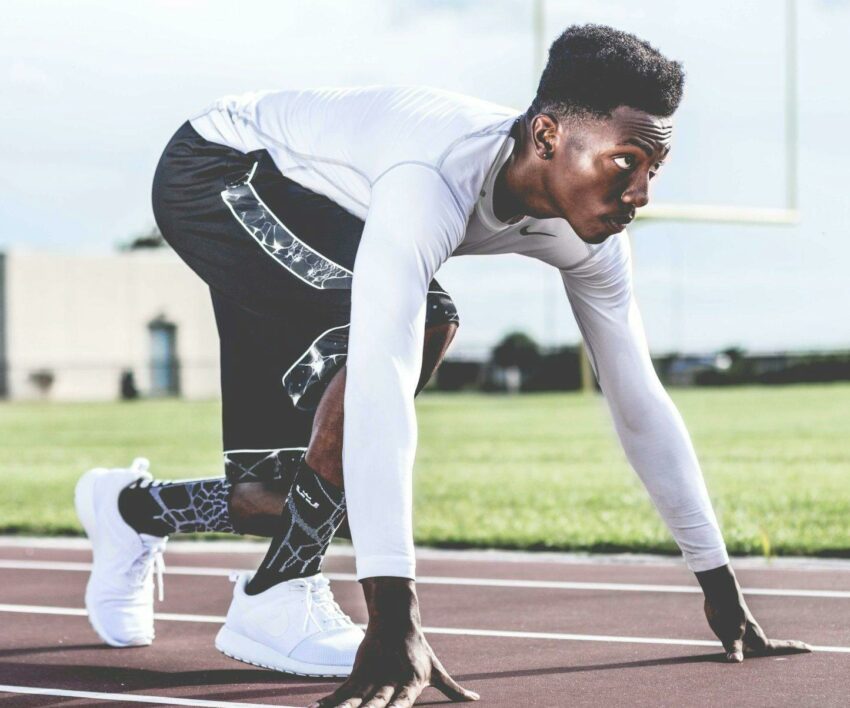
The life of an athlete is centred around good health and physical fitness. This is an obvious expectation because their profession requires full engagement from their bodies and they need to withstand all kinds of tension directed to them.
As much as this has a demand on the bodies, it also affects their mental health and it is crucial to monitor both aspects. In the same manner, an athlete can take a break from sports to nurse an injured ankle, they should be able to take time out the same way to take care of their mental well-being.
The Cleveland Clinic claims that mental health issues for athletes are often overlooked in the name of grit, even though they, “Can be every bit as limiting or debilitating as a physical injury.”
Sports psychologists and several health publications detail the importance of a healthy mental state for sportspersons.
Matthew Sacco, a sports psychologist states that athletes face mental health issues as everyone else but stigma can hinder them from seeking help, “If you’re tough, there’s a misconception that you should be able to just do it yourself. You don’t have to get help.”
One of the mental issues that athletes face includes overtraining syndrome. According to the above clinic, “The pursuit of excellence in sports can become all-consuming and eventually lead to OTS, opening the door to both mental and physical distress.”
Sports medicine physician, William Moore mentions that athletes with depression, anxiety, or stress may experience poor concentration and low energy, affecting their performance and potentially causing injury. He further states that these negative mental health symptoms can also lead to burnout, disengagement from sports, and increased susceptibility to alcohol and drug abuse.
This is how athletes can maintain good mental health:
Build a support system: The Jenn Drummond publication claims that this support network includes family members, friends, coaches, and fellow athletes who understand and empathise with your unique struggles. It further states that coaches can offer advice based on their experience. “Whether you’re training for the Olympic games or preparing for the high school state football championship, open communication with your support network when you’re approaching competition, can increase your mental resilience and help you to navigate the pressures of athletic performance.”
Practise self-care: According to the publication above, sports require self-care, therefore stress management and maintaining a healthy mindset are crucial for stellar performance. Jenn Drummond also claims that integrating rest days into routines helps prevent physical injury and mental burnout. Simple self-care practices like sleep, eating well, and non-sport hobbies can significantly help athletes, states the mentioned source. “Techniques like meditation, deep breathing, and even gentle exercise like yoga on off days can help in managing anxiety and ensuring you’re not always on high alert.”
Maintain good nutrition: Total Mental Wellness suggests that athletes should prioritise a balanced diet to maintain mental health and resilience. “A well-nourished mind can help athletes feel more balanced and resilient, better equipped to handle the stress and pressure that come with their sport.”
Set realistic goals: According to Trine University, setting realistic goals is crucial for mental health in athletes, as focusing solely on becoming a professional athlete can lead to failure. “For example, you can have the end goal be going pro but, before that, set a goal that you will be in the top 5 for scoring on your team, that you will be the hardest working player on your team, and you will play your sport at the collegiate level. Set goals that you can achieve soon, while they are getting you closer to your end goal of being a professional athlete.”
Also see: How to make the most of your leave to focus on your mental health




